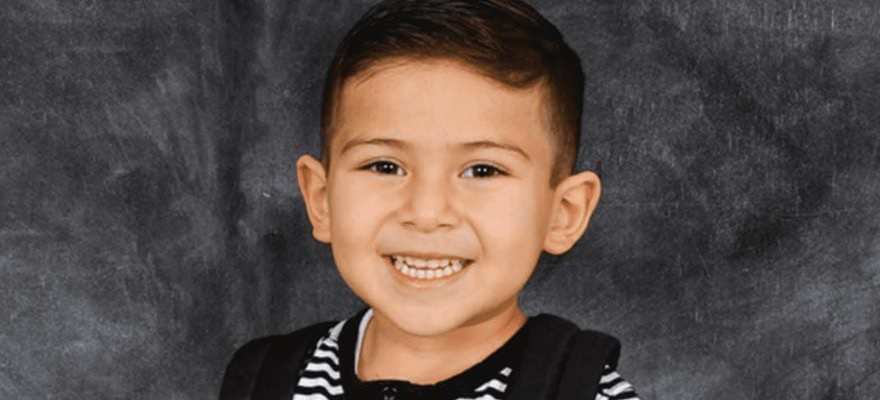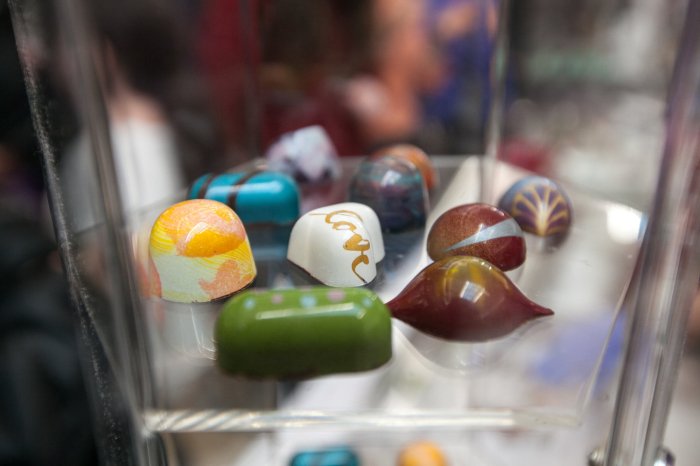
In today’s more academic environment, much of the creative play and art activity that was once part of the kindergarten curriculum has moved down to pre-school classrooms or daycares, and children are expected to dive into reading and writing in Kindergarten from day one.
Parents may feel the pressure of greater responsibility to introduce learning in the home. In our fast-paced culture with both parents working, there may not seem to be enough hours in the day. The result? Parents feel stressed over the possibility their child isn’t ready for the rigors of classroom learning.
An Overview of Readiness Skills
Readiness for learning is more than just what a child can do with a pencil and paper. There are four basic readiness areas and corresponding entry-level expectations to help you assess if your child is well-prepared or if he or she can benefit from some extra support at home before entering Kindergarten. Young children are very adaptable and can learn new skills quickly when they’re introduced in a positive manner. Even a few weeks of practice on a certain skill will produce good results.
Social Readiness: Does your child…
• Have basic health and hygiene skills in place? (using the bathroom, washing hands, using a tissue, covering a sneeze or cough, etc.)
• Play well with other children, take turns, care about the feelings of others, share, cooperate, say please and thank you?
• Follow two or three step directions?
• Express feelings in a safe way?
• Clean up toys or work areas when it is time?
• Complete projects?
• Know his or her own full name, address, phone number?
• Know names of body parts?
• Know his or her own age and birthday?
Building emotional skills takes time and practice. Give your child simple chores to build responsibility. Give simple directions and support your child in completing the task. Talk about ways to get along with others and give reminders when necessary. Provide proper instruction for hygiene skills.
Reading/Writing Readiness: Does your child…
• Name and describe familiar objects in the environment?
• Speak clearly in complete sentences?
• Express thoughts or needs using words?
• Know children’s rhymes or songs?
• Recognize words that begin with the same sound?
• Recognize and name most of the letters and identify their sounds?
• Know the parts of a book—cover, title, pages, words, pictures?
• Enjoy listening to stories?
• Write his or her own name?
• Say the alphabet?
• “Write” a story using pictures or some letters?
• Hear parts of words (syllables) such as birth day?
Reading and writing skills are extremely important to learning. Your child should hear stories read aloud every day and take part in the process at an ever-increasing rate. Ask questions as you read. Have your child make predictions and see if they were right. Point out simple words and talk about unique words in the text. Allow a child to retell a story in his or her own words.
Provide lots of writing supplies. Pictures will evolve into approximated letter shapes. Standard writing will soon follow.
Physical Readiness: Does your child…
• Cut well with scissors?
• Hold and use a pencil?
• Tie his or her own shoes?
• Draw and trace basic shapes?
• Bounce a ball and catch a ball?
• Ride a tricycle or bicycle
• Enjoy running, jumping and climbing?
• Hop, jump, skip?
• Sit still and focus on a story or other group activity?
Materials to help grow physical skills related to learning include crayons, markers, pencils, glue, scissors, paper and paints, puzzles, building toys such as Legos and blocks.
Encourage your child to run and play out of doors. Playing ball, using playground equipment and other outdoor physical activities will build skills.
Math Readiness: Does your child…
• Count to ten or twenty?
• Count objects accurately?
• Identify the numbers 1-10?
• Identify common shapes?
• Match simple shapes?
• Use words to describe objects by size, shape, color or other traits?
• Understand the ordinal numbers: first, second, third?
• Understand that problems may be solved in more than one way?
Math skills can be done orally. Count the animals you see while riding in the car. Count how many blueberries there are in the bowl. Simple games such as matching and sorting games build math concepts. Supplies such as magnetic numbers, objects such as small plastic toys for counting—all contribute to building math skills.
Jan Pierce, M.Ed., is a retired teacher and reading specialist. She is the author of Homegrown Readers and Homegrown Family Fun. • www.janpierce.net.







